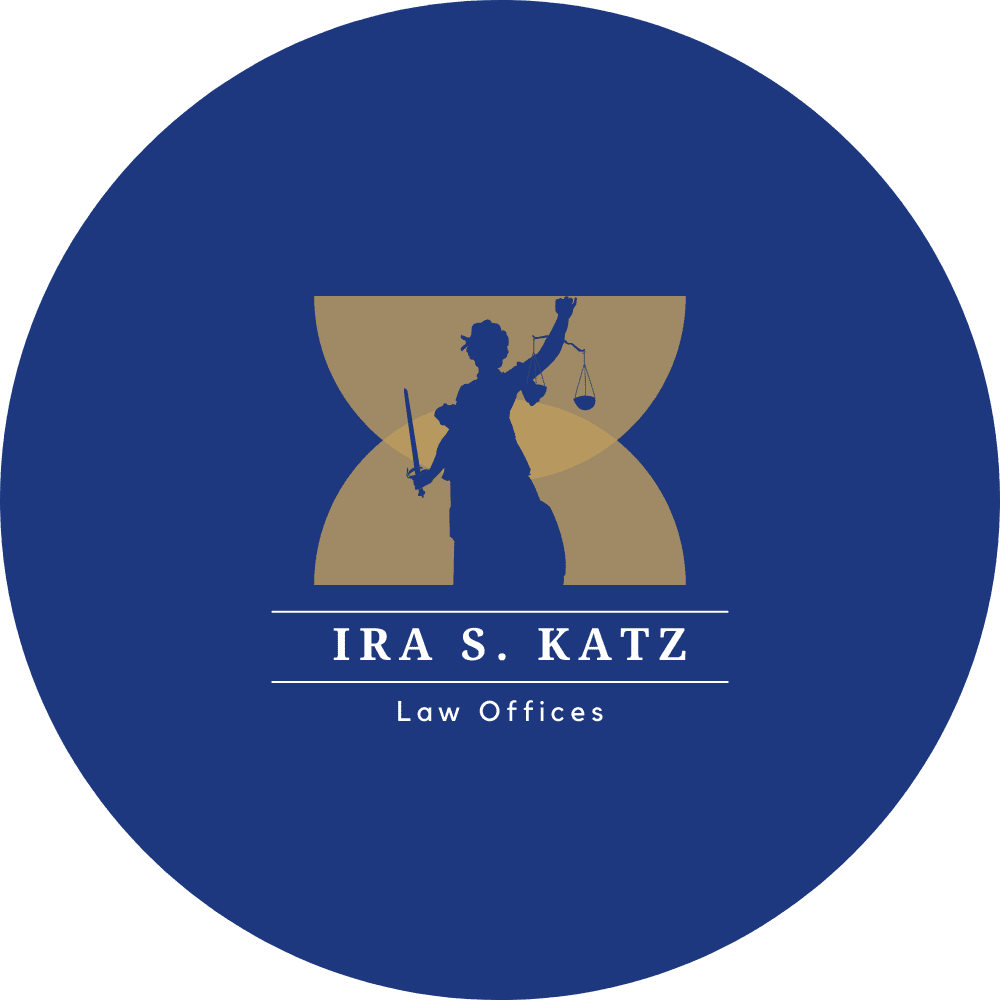Immigration FAQs
Explore the answers to find clarity and guidance on your path to achieving your American dream.
FAQ
There is no minimum amount required to qualify for the E-2 visa, but the investment must be substantial. What is considered substantial varies depending on the type of business. Generally, the investment should be sufficient to ensure the successful operation of the business and demonstrate the applicant's financial commitment.
The main difference is that consular filing results in a visa being issued, while USCIS filing, known as Adjustment of Status, only adjusts the status of an E-2 visa applicant while they are in the U.S. on a valid visa. Consular filings are generally preferred, but there may be instances where Adjustment of Status is more suitable.
The E-2 visa is a non-immigrant visa and does not directly lead to a Green Card. However, E-2 visa entrepreneurs often pursue Green Cards through other avenues, such as the EB-2 NIW or EB-5 visas. Careful planning is required to transition from an E-2 visa to a Green Card.
The duration of an E-2 visa depends on the Treaty Country. For instance, E-2 visas for Canada and the United Kingdom last for 5 years and can be renewed perpetually.
You must be a national of one of the Treaty Countries to qualify. Treaty countries include Canada, the United Kingdom, Mexico, Israel, Italy, Argentina, France, Germany, and Spain, among others. For a full list of countries, please email us at [email protected].
The requirements for an E-2 visa include:
- A requisite treaty exists between the U.S. and the applicant's country.
- The individual and/or business possess the nationality of the treaty country.
- The applicant has invested or is actively in the process of investing.
- The enterprise is a real and operating commercial enterprise.
- The applicant's investment is substantial.
- The enterprise is more than a marginal one solely for earning a living.
- The applicant is in a position to "develop and direct" the enterprise.
- The applicant is destined to an executive/supervisory position or possesses skills essential to the firm's operations in the U.S.
- The applicant intends to depart the U.S. when the E-2 status terminates.
The E-2 visa allows foreign nationals and their families (spouses and children under 21) to move to the U.S. or frequently travel to the U.S. to actively manage and work for their E-2 visa business. It is specifically designed for investors and entrepreneurs who wish to establish or manage a business in the United States.
Get in Touch With Us
We are here to help you with all your immigration needs.
